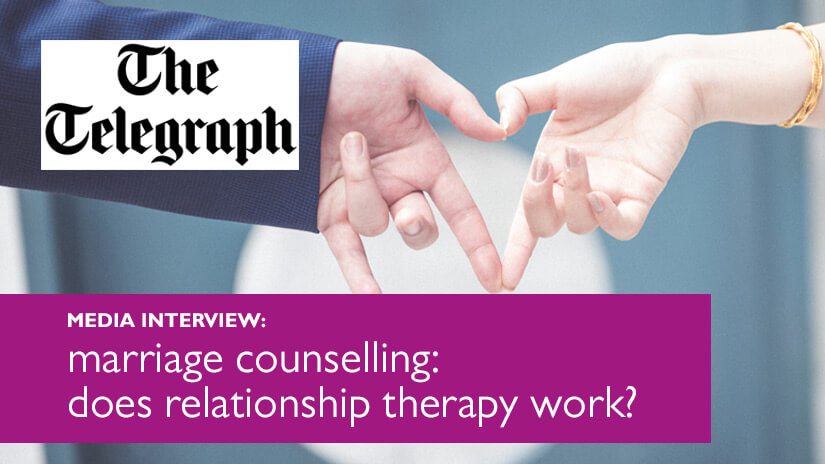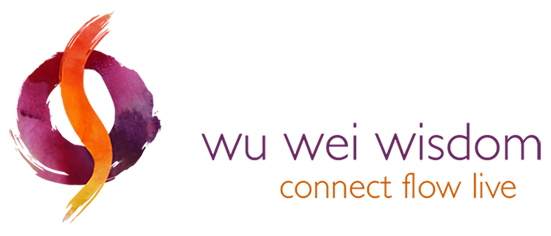marriage counselling: does relationship therapy work?

summary
In this interview for The Telegraph, David James Lees shares his experience of the marriage counselling process and explains why talking therapy can be a very positive experience for many couples struggling with emotional and relationship issues.
“…Marriage and relationship counselling offers many benefits. The process is about coming together and learning to cooperate not compromise…”
Is there evidence that counselling can save marriages that otherwise would end in divorce?
In my experience, having worked with couples through Relate (the UK based relationship counselling service) and in my private practice, counselling and talking therapy can be highly effective in rescuing and resurrecting marriages and long-term relationships. Over 60% of the couples I’ve supported end up staying together.
How can counselling save a warring couple from splitting up?
Marriage and relationship counselling offers many benefits. The process is about coming together and learning to cooperate not compromise.
It can unlock the rigid and inflexible mindset that each partner may have about the other or the relationship overall. It facilitates a discussion that can remind the partners of the positive reasons they first came together, which may have been long forgotten.
My mantra is ‘you can’t change what you don’t understand’ and the counselling process helps the couple unpick and explore the origins of their problems. It then gives them the possibility and the practical tools to build a new relationship going forward.
What happens if one person has ‘dragged’ the other to counselling- can that still work, or is it always doomed to fail?
This is not ideal because you lack the ‘buy in’ of both parties.
In any marriage or relationship, there are always three vital energies to be sustained: the energy of each partner and that of the relationship as a whole. Without the full commitment of both partners, the relationship energy will fade and die, no matter how determined and positively committed one partner may be.
How should couples approach counselling – if they’re sure they want to break up, do they often change their minds, or does it tend to simply ease the splitting process?
The outcome of any counselling will depend on a lot of emotional and practical variables. The key is to approach the process with an open mind as to where things will conclude.
Counselling can profoundly and unexpectedly change each partner’s perception of themselves, their partner and their relationship. I encourage the couple to understand that their future relationship need not and should not be the same as the old relationship. These are all reasons that can lead to a dramatic change of heart over whether to break up or not.
Are there cases where counselling simply doesn’t work?
Yes, this happens particularly when one or both parties have already firmly made up their mind that the counselling won’t work or that they want to finish the relationship, and so they refuse to relate or explore alternative avenues. Counselling is designed to create a dialogue that leads to greater choices for a positive way forward, even if this means breaking-up.
How many sessions, on average, would a couple attend before they feel ready to make a decision?
This can vary but typically within four to six sessions most couples are able to identify and agree on the key issues that need to be addressed in order to make a constructive decision about the future of the relationship.
want more support
Discover how we can help you rebalance your health and wellbeing with our one-to-one sessions and live events.
You can also:
- join our free Wu Wei Wisdom Facebook Group where you’ll find lots more guidance and discussion
- sign up for our free weekly email newsletter with all our latest teachings and news.
If you have any questions or would like more information on our work please contact us – we’re always happy to help.
like this post?
Please share it! This helps to pass on the positive Qi of our work to others who may benefit…
